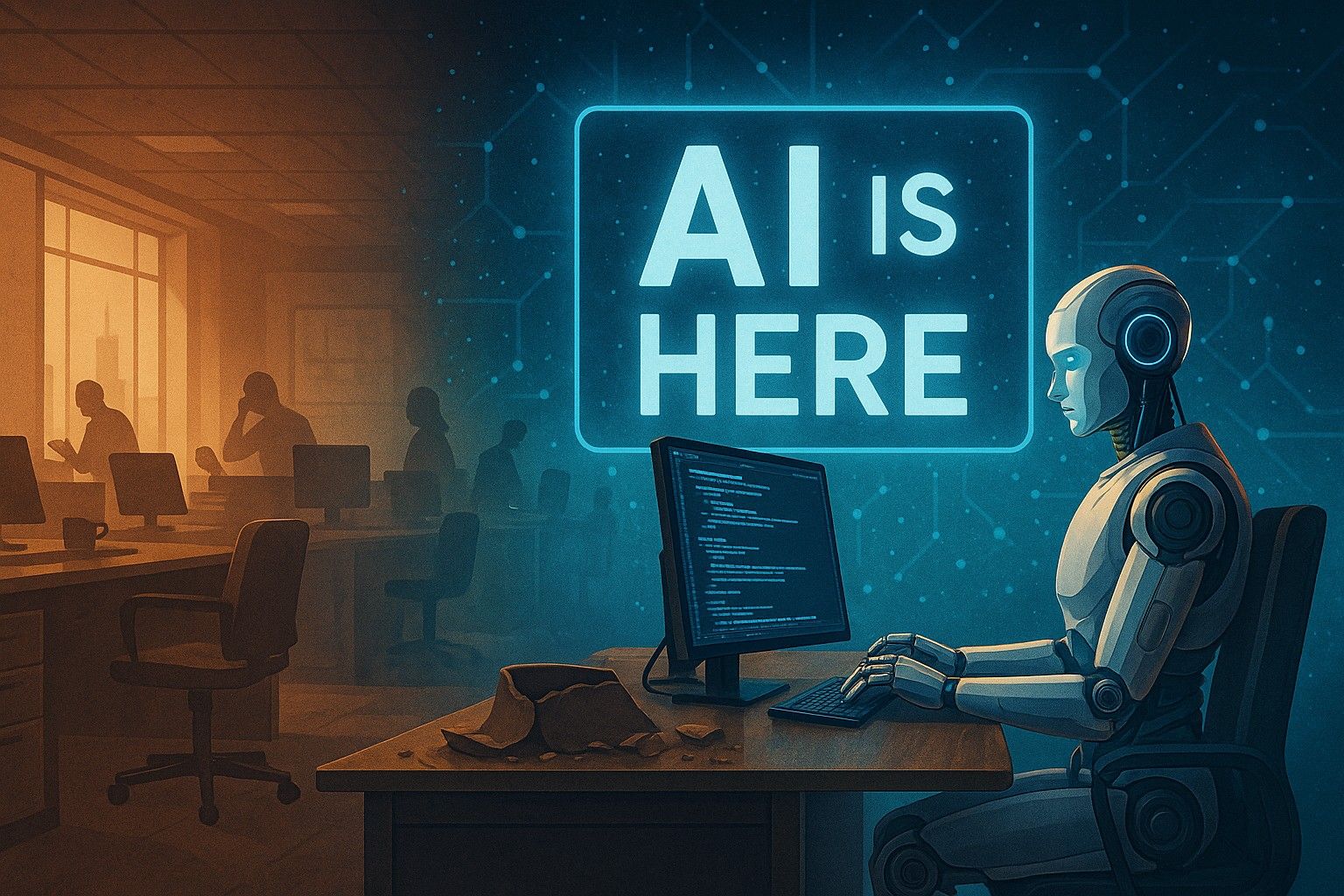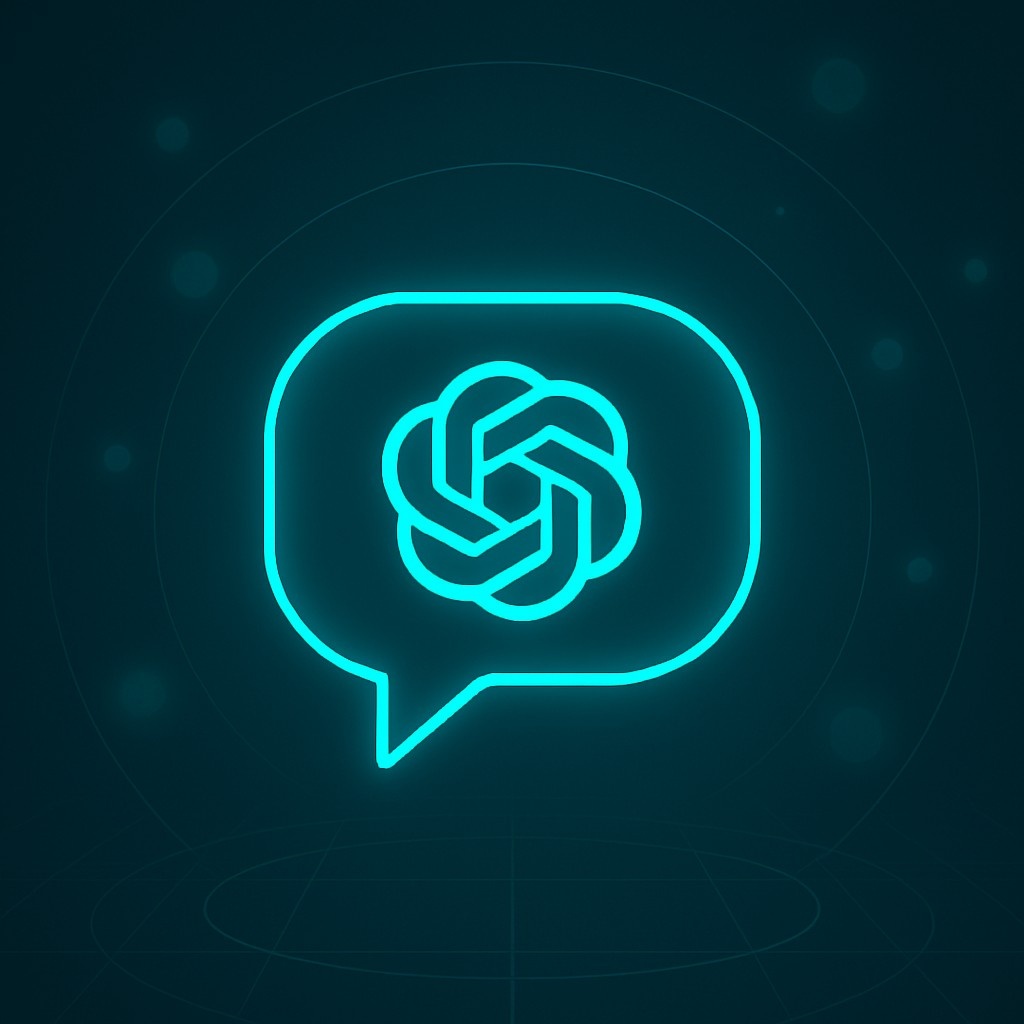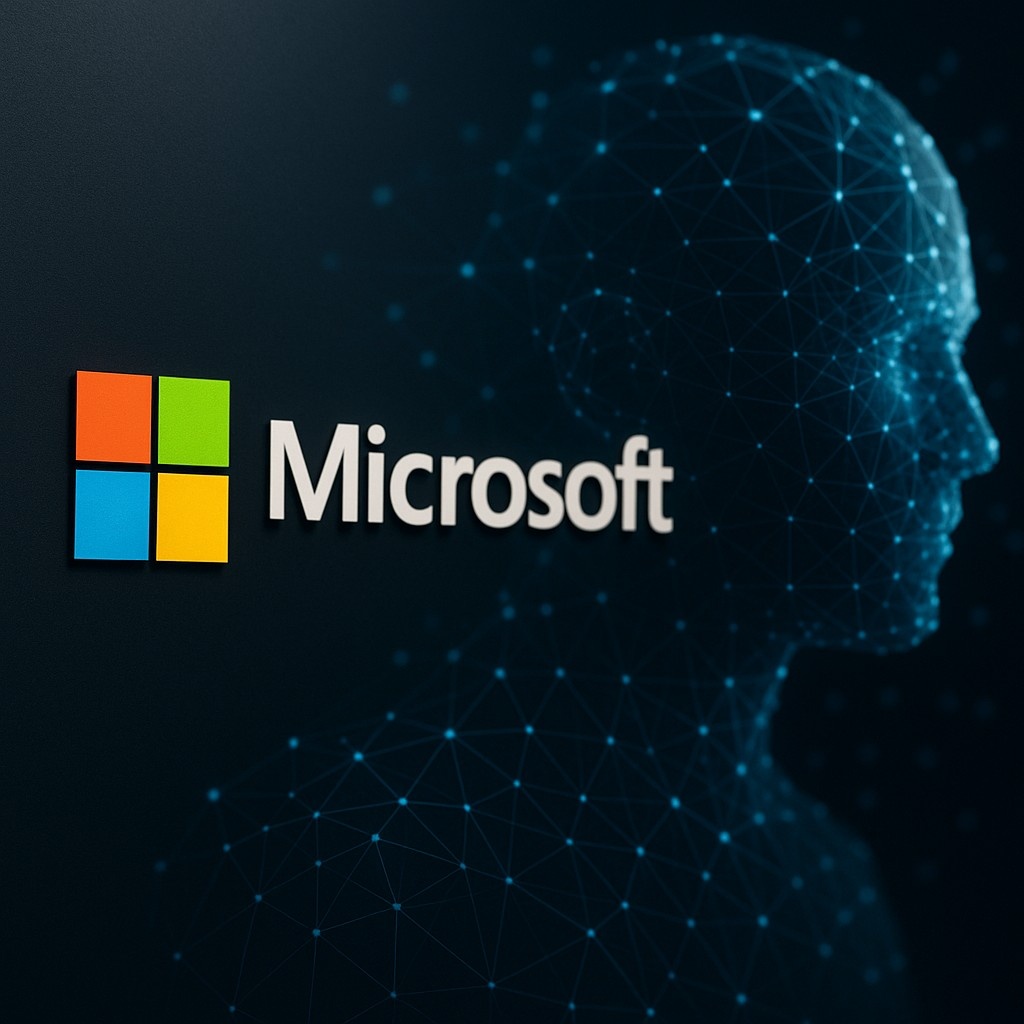Student Concerns About AI Integration in Education
The integration of artificial intelligence (AI) into educational settings has been met with a spectrum of reactions. While educators and administrators often highlight the potential benefits of AI—such as personalized learning and administrative efficiency—students have voiced a range of concerns about its impact on their educational experience. These concerns encompass issues related to academic integrity, skill development, privacy, and the overall learning environment.
Academic Integrity and Over-Reliance on AI
One of the primary concerns among students is the potential for AI tools to undermine academic integrity. The ease with which AI can generate essays, solve problems, or provide answers raises questions about the authenticity of student work. A survey conducted by the National Centre for AI revealed that students are apprehensive about becoming overly dependent on generative AI, fearing it might diminish their ability to produce original content independently.
Furthermore, the use of AI in completing assignments can lead to a superficial understanding of the subject matter. Students may find themselves relying on AI-generated content without fully engaging with the material, potentially hindering the development of critical thinking and problem-solving skills. This over-reliance can result in a lack of preparedness for real-world applications where independent thought and analysis are crucial.
Skill Development and Cognitive Offloading
The concern about skill atrophy extends beyond academic integrity. Students worry that constant use of AI tools for tasks like writing, summarizing, or problem-solving may lead to cognitive offloading, where they rely on technology instead of developing their own abilities. This dependence can impede the cultivation of essential skills such as analytical reasoning, creativity, and effective communication.
A study highlighted in Business Insider noted that while some students use AI to manage their academic workload, they also express unease about the long-term effects on their learning capabilities. The fear is that habitual use of AI might erode their capacity to think critically and independently, skills that are vital for success beyond the classroom.
Privacy and Data Security Concerns
Privacy is another significant issue for students regarding AI in education. The collection and analysis of personal data by AI systems raise questions about how this information is stored, used, and protected. Students are particularly concerned about the potential for data breaches or misuse of their personal information.
A global consultation by the Higher Education for Good Foundation found that a substantial majority of young people preferred limiting AI use to safeguard personal data, especially in the Americas. The apprehension is that AI systems might inadvertently expose sensitive information or be used for surveillance purposes, infringing on students' rights to privacy.
Bias and Fairness in AI Systems
Students also express concerns about the potential biases embedded within AI algorithms. Since AI systems are trained on existing data, they may perpetuate existing stereotypes or inequalities present in the data sets. This can lead to unfair treatment or assessment of students based on factors such as race, gender, or socioeconomic status.
For instance, if an AI grading system has been trained on biased data, it might consistently underrate the work of certain student groups, leading to disparities in academic outcomes. Such biases not only affect grades but can also impact students' self-esteem and motivation. Addressing these concerns requires transparency in AI algorithms and active efforts to identify and mitigate biases.
Erosion of Human Interaction
The increasing use of AI in education raises concerns about the diminishing role of human interaction in the learning process. Students value the guidance, empathy, and personalized feedback that human educators provide. There is apprehension that AI might replace these human elements, leading to a more impersonal and mechanized educational experience.
Human teachers play a crucial role in understanding the unique needs and circumstances of each student, something AI systems may not fully replicate. The potential loss of mentorship and the nuanced understanding that educators bring to the classroom is a significant concern for students who fear that AI cannot adequately replace these human connections.
Ethical and Legal Implications
The ethical and legal ramifications of AI use in education are also on students' minds. Issues such as consent, data ownership, and the extent of AI's decision-making authority raise questions about accountability and rights. Students are concerned about who is responsible when AI systems make errors or when their data is misused.
Additionally, the lack of clear regulations and policies governing AI in education contributes to uncertainty and mistrust among students. They advocate for the establishment of comprehensive guidelines that address the ethical use of AI, ensuring that their rights and interests are protected.
Recommendations for Addressing Student Concerns
To alleviate these concerns, educational institutions can take several steps:
- Clearly communicate how AI systems are used, what data is collected, and how it is protected.
- Involve students in discussions and decision-making processes regarding the implementation of AI in their education.
- Develop and enforce ethical guidelines that govern the use of AI, focusing on fairness, accountability, and respect for student rights.
- Ensure that AI systems complement rather than replace human educators, preserving the essential human elements of teaching and mentorship.
- Provide students with education on AI literacy, enabling them to understand and critically assess the technology they interact with.
While AI holds the promise of enhancing educational experiences, it is imperative to address the valid concerns students have regarding its integration into their learning environments. By prioritizing transparency, ethical practices, and the preservation of human interaction, educational institutions can foster a more balanced and student-centered approach to AI in education.















